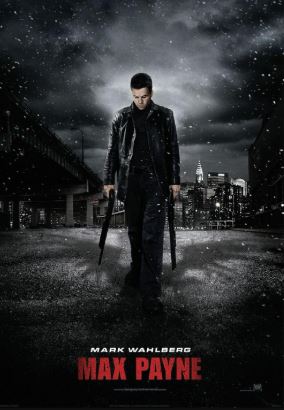The atmosphere of crime on the dark streets of New York City with hidden secrets and dangerous shadows is an appropriate description of the movie, “Max Payne” in respect of crime, the atmosphere and the thriller. It is a dark and somber film with overtones of emotive action and noir-style imagery that creates a gloomy feeling of despair and the grayness of morality. The themes of grief and spirituality, drug addiction, and revenge in the movie are what makes it resonate with viewers, getting into the character exploration of the psychology of loss and the thin boundaries between good and evil.
The novel is about a troubled cop Max Payne who is out to find justice over the murder of his wife and daughter at the same time finding out about corruption and drug trafficking. Supplementing the psychological depth, the complexity of the story and the surreal details, especially the drugs used by Max, the viewer is treated to a hallucinogenic journey following Max into confusion and disorientation. Mark Wahlberg plays Max with the right amount of haunted, yet undeterred, strength as the rest of the cast provides an emotional depth. Direction is taut and there are action set pieces that are well done with editing that is hard and fast keeping the pace up, this increases the visceral effects in the film.
On a visual scale, Max Payne succeeds with the help of gloomy camera operations, an impressive application of light and shadow, and grimy sets used to capture the city and its dark era. The music highlights the emotional drama and overblows critical moments. Though the plot is convoluted in a few points and cliched at others, overall the movie sticks with you after watching it, in terms of atmosphere and feeling. It is a heartfelt reflection on grief and endurance, which left me shivering at the cold sensation of isolation and the flaring promise of salvation, and was created by strong story telling.



